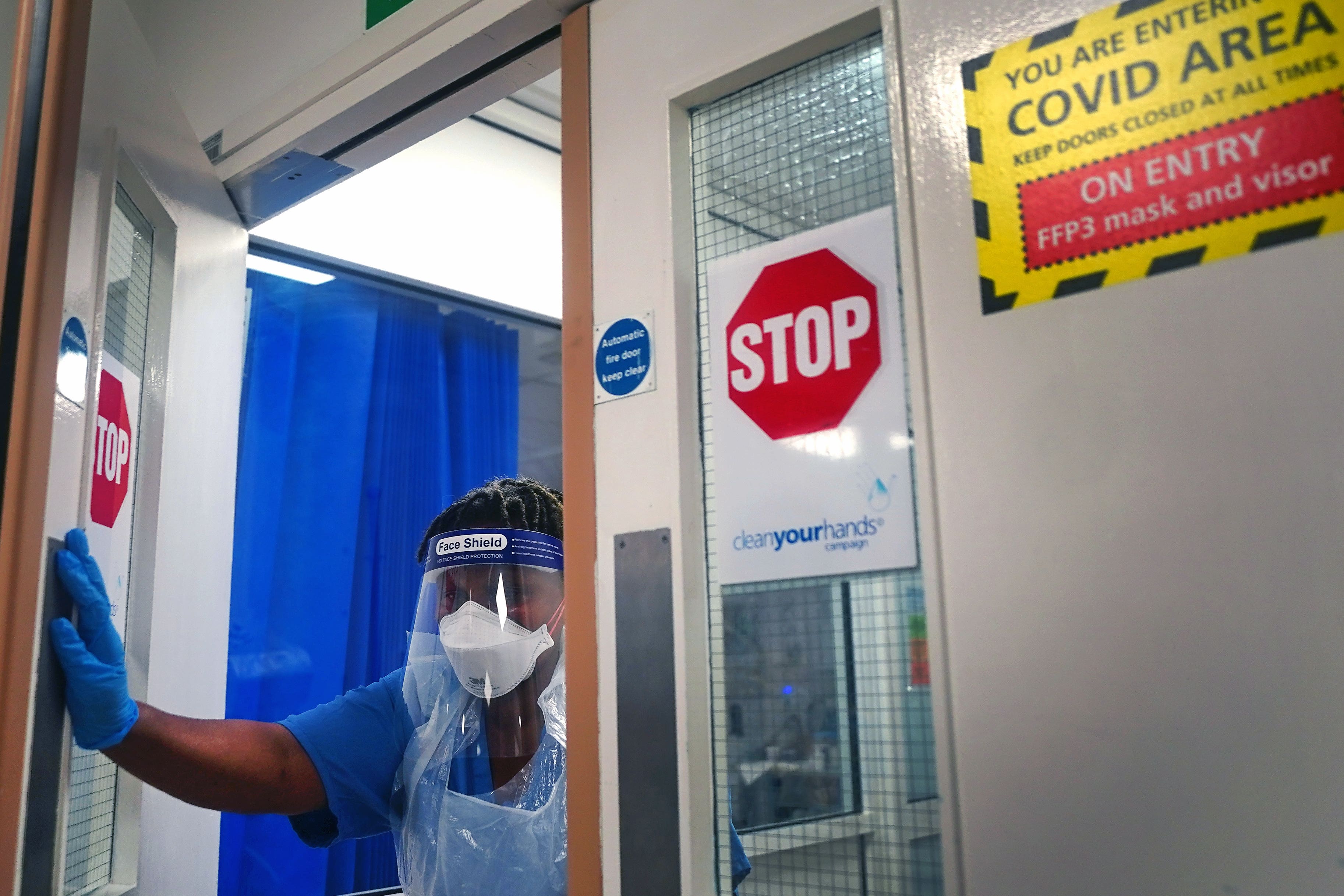Key points in the first Covid-19 inquiry report
UK Coivid-19 Public Inquiry chair Baroness Heather Hallett said UK citizens were “failed”.

Support truly
independent journalism
Our mission is to deliver unbiased, fact-based reporting that holds power to account and exposes the truth.
Whether $5 or $50, every contribution counts.
Support us to deliver journalism without an agenda.

Louise Thomas
Editor
There were “several significant flaws” in pandemic planning in the UK before Covid-19 struck, according to the official probe into the disaster.
UK Coivid-19 Public Inquiry chair Baroness Heather Hallett said UK citizens were “failed”.
“I have no hesitation in concluding that the processes, planning and policy of the civil contingency structures across the UK failed the citizens of all four nations,” she said.
“There were serious errors on the part of the State and serious flaws in our civil emergency systems. This cannot be allowed to happen again.”
Here are the key flaws set out in her report:
– “The UK prepared for the wrong pandemic,” the report states. Lady Hallett highlighted how the pandemic preparedness plans focused “almost entirely” on flu, when the Covid-19 pandemic was caused by a coronavirus.
– In the years leading up to the pandemic, there was a “lack of adequate leadership, coordination and oversight”.
– The UK government’s sole pandemic strategy, from 2011, was “outdated and lacked adaptability” and was “never properly tested”. The strategy was “virtually abandoned” when the Covid-19 pandemic hit.
– There was a “damaging absence” of some of the tools needed to combat a pandemic threat, including measures, interventions and infrastructure. A system of test, trace and isolate which could be scaled up in the event of a pandemic “did not exist in the UK”.
– The “outdated” planning documents were “insufficiently robust and flexible”, and “unnecessarily bureaucratic and infected by jargon”.
– Lady Hallett highlighted the “labyrinthine” of complexity in the institutions and structures responsible for emergency planning.
– There were “fatal strategic flaws” underpinning the assessment of the risks faced by the UK, she said.
– Lady Hallett said that ministers were “not presented with a broad enough range of scientific opinion” and “failed to challenge sufficiently” the advice they did receive.
– Meanwhile advisers and advisory groups “did not have sufficient freedom and autonomy to express dissenting views” and the advice was often “undermined by groupthink”.
– There was a “failure to learn” sufficiently form past civil emergency exercises and outbreaks of disease.
– Emergency planning “failed to account sufficiently” for deprivation and health and societal inequalities.
Subscribe to Independent Premium to bookmark this article
Want to bookmark your favourite articles and stories to read or reference later? Start your Independent Premium subscription today.